-

What is the adoption procedure?
Adoption is the permanent placement of a child within a family. The family adopts a child legally through the court and the child as such becomes their natural offspring.
The singular most important reason why couples adopt a child is infertility. Thousands of children every year are given in adoption to couples from India and abroad. In India, adoption is a legal process governed by specific laws.
The adoption procedure begins with a formal application by a couple for adoption to an adoption agency. This is followed by a home study by a social worker, who ascertains whether the family is fit to be given a child in adoption or not. The social worker studies criteria like the financial stability of the family, general family background, emotional health, quality of marital life among others.
After the placement agency is satisfied and the home study report has been formulated, the couple has to submit certain documents subsequent to which a No Objection Certificate (NOC) is issued to the placement agency by CARA. After this, the placement agency tries to match the home study report with a child study report, thus finding a child matching the expectations of the parents-to-be. The couple is not allowed to pick and choose a child at will. This is solely the prerogative of the placement agency. The agency charges a fee of Rs.12000 at the time of custody of the child.
The procedure for foreign adoptions is much the same, only in that case immigration laws have to be abided by. Indian placement agencies coordinate with international agencies and clearance by authorities from both the countries results in adoption. When there is no recognised foreign agency in any country, the concerned government department or ministry may forward the applications and related documents of the prospective adoptive parents to CARA. -
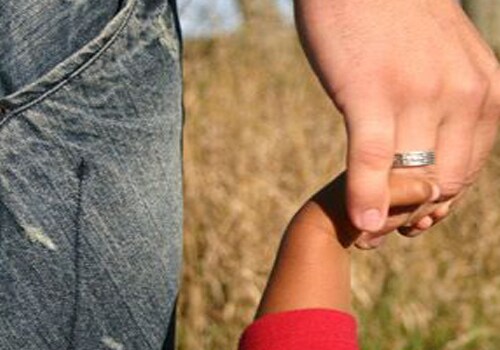
Is there any aftermath of the adoption for the parents?
Most couples after adoption confess to experiencing a feeling of completeness. However, there are some cases when the couple feel an indescribable sense of depression, which the experts now believe to be similar to the post-partum blues felt by parents after the birth of a child. The parents may feel a sense of foreboding about the responsibility of a child, a sense of guilt towards the birth mother and sometimes anxiety about the legal implications. This feeling gets less with time and can be resolved by participation in discussion groups by the concerned couples.
-
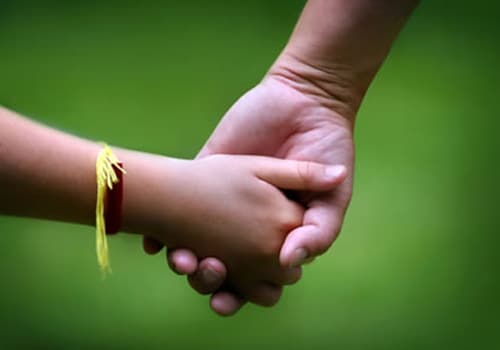
Should the adopted child be told of his adoption?
It is recommended that the child should be told of his adoption in a way that is commensurate with the child’s level and understanding.
- They should be told of the adoption little by little so that they are able to grasp the information gradually as they grow up and are able to understand difficult concepts.
- This information may need to be repeated many times so that he appreciates that it is not something to be ashamed of or feel embarrassed about. However, it should also not become a frequently talked about subject.
- The information should not be withheld from the child for fear of hurting him. It is always beneficial for the child in the long run to know the truth. Parents should not get anxious if the child asks an embarrassing question. All questions should be answered by the parents as truthfully and simply as possible.
- They should be told of the adoption little by little so that they are able to grasp the information gradually as they grow up and are able to understand difficult concepts.
-
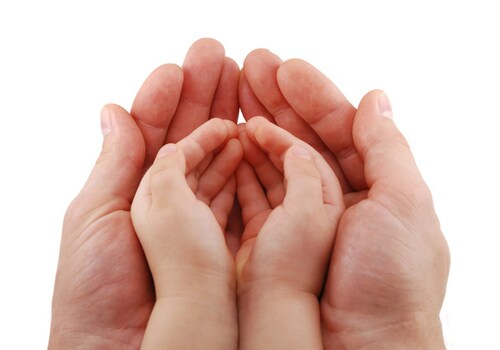
When should the child be told of his adopted status?
Opinion varies greatly about this. Many experts believe that the child should be told at the earliest age possible. This provides the child an early opportunity to accept the fact. Others feel that one must wait till the child is older so that he is not confused. Most experts agree that it should be sometime before the child reaches puberty. Besides the risk of their coming to know from someone else, there is the added risk of adolescent children rebelling at the information at such an age when they are already prone to rebellion.
If the child is told of the adoption during the school years, it should be explained in very concrete terms since the child has a very vivid imagination at that age. If he remains confused, he is likely to create a fantastic story about it, which might be totally contrary to the facts.
The child should be made to understand that although adoption is not a very common phenomenon, many other children too are adopted and he is not the only one. Above all, whenever the child is told about the adoption, he should be made to feel loved and wanted and be reassured of his place in the family and in the lives of the family members. -
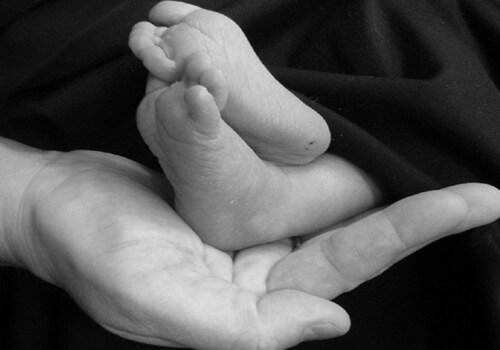
What response can be expected of the child?
The response of the child towards information about the adoption can vary. This response depends greatly upon the age and level of maturity of an individual child. Frequently, adopted children believe that they were given away because they were bad or they were kidnapped. Older children might feel guilty about having wronged their birth parents in some way that caused the former to give them away. On the other hand, some older children may carry negative feelings towards their birth parents, which might get carried over to other children who have natural parents.
The adopted adolescent is more likely to develop an interest in his birth parents and may want to search for them. The adolescent who asks about the identity of his birth parents should be given the information with tact, truth and supportive discussion.
Some adoptees may develop problems like disruptive feelings of attachment or disconnectedness. They may perceive themselves as bad or rejected. They may have low self-esteem and a feeling of shame and guilt. They may have problems in identity development and sometimes learning disabilities may develop. These problems result from insecurities or issues related to being adopted. Parents should seek professional assistance from a child psychologist or a psychiatrist. -

What are the adoption laws in India?
The government of India provides that all matters regarding adoption shall be dealt within the Ministry of Welfare. For this purpose, the Ministry of Welfare (now called the Ministry of Social Justice and Empowerment), set up the Central Adoption Resource Agency (CARA) in 1990, with its headquarters at New Delhi, to deal with all matters concerning adoption in India. CARA is the nodal body set up at the governmental level, at the local levels, the functioning of individual adoption agencies is monitored by Voluntary Coordinating Agencies (VCA) like the Coordinating Voluntary Adoption resource Agency (C.V.A.R.A) in Delhi, and other local bodies in other states. The adoption procedure is based on the following legislations that are applicable based on the religion of the adopter:
- The Hindu Adoption and Maintenance Act, 1956 (HAMA) - HAMA is the only existing legislation that provides guidelines for adoption to Hindus in India. The category of Hindus includes any person who is a Hindu by religion or any of its forms, including Buddhists, Jains, Brahmo, Sikh, Prarthna or Arya Samaj. Under this Act, the couple can only adopt children belonging to the sex opposite to the child that they already have. For instance, a couple having a boy can only adopt a girl and vice-versa. The adopted child is legally considered a natural-born offspring of the couple and has all the rights including the right to inheritance. The city civil courts handle the adoption case.
- The Guardianship and Wards Act, 1890 - The non-Hindus in India, who are governed by their personal laws are Muslims, Christians, Parsis and Jews by religion. Personal laws of none of these recognise full adoption, i.e., the act only confers a guardian-ward relationship to the adopter and the adoptee. The petition of the guardianship has to be accompanied by an investment plan and investment of certain amount of money for the ward’s security. The high court or family court handles the case.
- The Hindu Adoption and Maintenance Act, 1956 (HAMA) - HAMA is the only existing legislation that provides guidelines for adoption to Hindus in India. The category of Hindus includes any person who is a Hindu by religion or any of its forms, including Buddhists, Jains, Brahmo, Sikh, Prarthna or Arya Samaj. Under this Act, the couple can only adopt children belonging to the sex opposite to the child that they already have. For instance, a couple having a boy can only adopt a girl and vice-versa. The adopted child is legally considered a natural-born offspring of the couple and has all the rights including the right to inheritance. The city civil courts handle the adoption case.
-
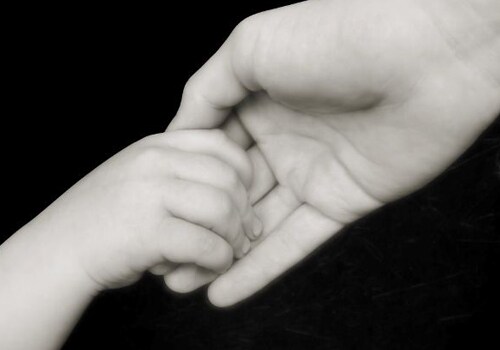
CVARA
The local VCA in Delhi, CVARA was formed in 1984, on the recommendations of the Supreme Court. The ten adoption agencies that come under its umbrella are:
- SOS Children’s Villages of India.
- Holy Cross Social Service Centre.
- Missionaries of Charity
- Church of North India.
- Welfare Home for Children.
- Delhi Council for Child Welfare.
- Matri Chhaya
- Children of the World.
- Right to Life Society.
- Asharan orphanage.
- SOS Children’s Villages of India.


















